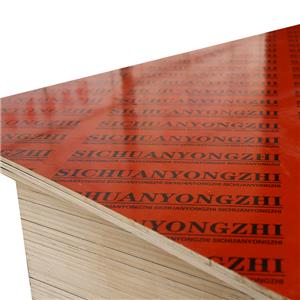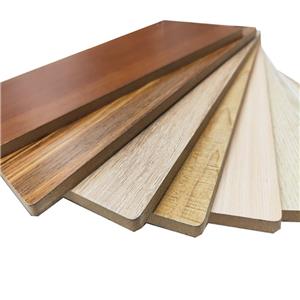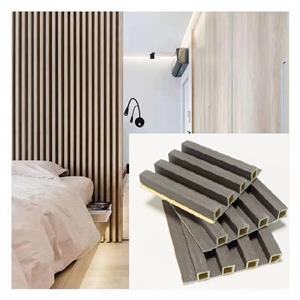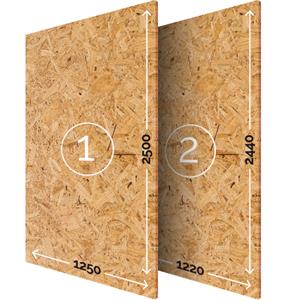Plywood For Wall
Plywood for Walls: Enhancing Structural Integrity and Aesthetic Appeal
Plywood has long been a staple in the construction industry, valued for its versatility and strength. When it comes to walls, plywood emerges as a reliable and multifaceted building material that offers both structural support and aesthetic benefits. In this article, we delve into the various aspects that make plywood an excellent choice for wall applications.
Structural Strength:Plywood's inherent strength is a key factor in its suitability for walls. Composed of layers or plies of wood veneer glued together with adjacent layers having their wood grain rotated up to 90 degrees to one another, plywood achieves a remarkable balance of strength and stability. This structural integrity makes it an ideal material for load-bearing walls, providing robust support for the overall structure.
Dimensional Stability:Walls are subjected to various forces, including changes in temperature and humidity. Plywood's cross-grain construction contributes to its dimensional stability, minimizing the risk of warping, twisting, or swelling. This stability ensures that the walls maintain their form and structural integrity over time, offering a reliable and durable solution.
Ease of Installation:Plywood's uniform composition and consistent quality simplify the installation process. Whether used for framing, sheathing, or as a finish material, plywood panels are available in standard sizes, making them easy to handle and cut to fit specific wall dimensions. This ease of installation contributes to overall construction efficiency, saving time and labor costs.
Versatility in Finishes:Plywood's smooth and even surface allows for a variety of finishes. It can be painted, stained, or covered with veneers to achieve the desired aesthetic. This versatility is particularly valuable for interior walls where the visual appeal is a significant consideration. Plywood's adaptability to different finishes provides architects and designers with creative freedom in achieving the desired look and feel of a space.
Sound Insulation:Plywood also offers acoustic benefits, contributing to sound insulation in residential and commercial spaces. When properly installed, plywood panels can help dampen noise transmission, creating a more comfortable and private environment. This makes plywood an excellent choice for partition walls and spaces where acoustic performance is crucial.
Sustainable Construction:As sustainability becomes a paramount concern in construction, plywood for walls stands out as an environmentally friendly option. Many plywood manufacturers adhere to responsible forestry practices, ensuring that the wood used comes from sustainable sources. Additionally, plywood's durability and ability to be reused in various applications contribute to its eco-friendly profile.
Conclusion:Plywood for walls combines strength, stability, and versatility to meet the diverse needs of construction projects. Whether used in residential, commercial, or industrial settings, plywood contributes to the overall integrity of structures while providing a canvas for creative design. As the construction industry continues to evolve, plywood remains a timeless and dependable choice for enhancing both the form and function of walls in various architectural applications.




